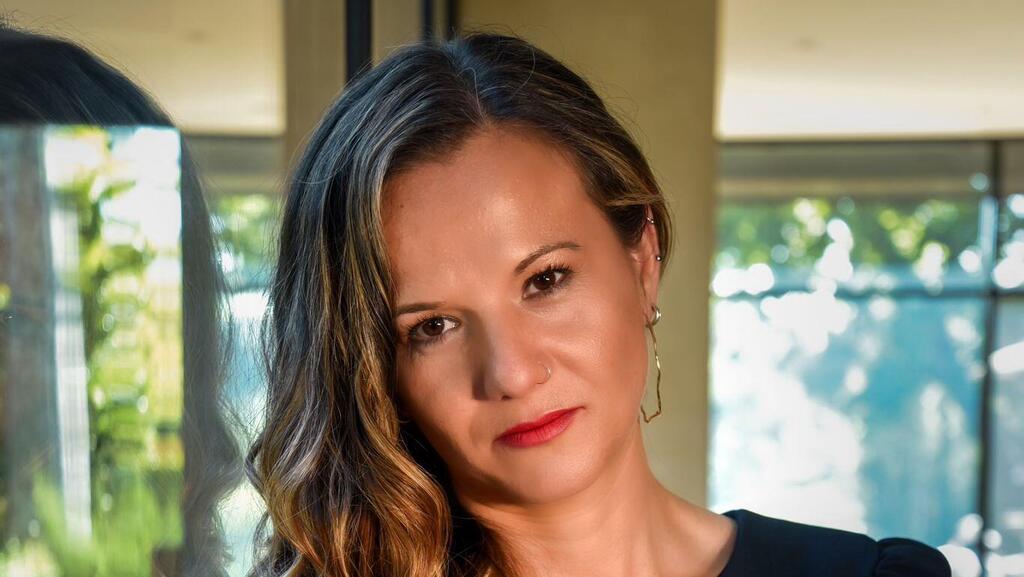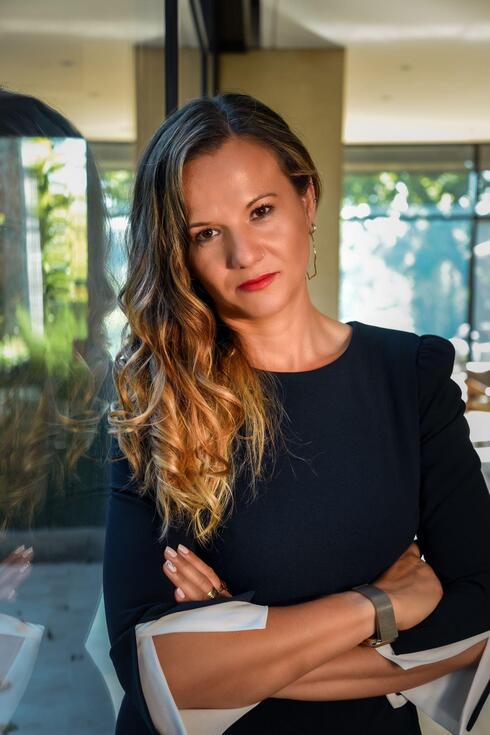
FemTech
FemTech founder's experience inspires Levana.ai's AI-based solution for personalized medication
How Dr. Ilana Kwartin founded a FemTech company after her own medical experience
Before she founded a FemTech company, Levana.ai, Dr. Ilana Kwartin was a lawyer and women’s rights activist. For years she represented women in divorce cases, as well as women wrongfully dismissed from their jobs for pregnancy or IVF treatment. She is also a mother of four and her journey to founding Levana.ai was in fact triggered by her son’s ADHD diagnosis about five years ago at the age of four. After a doctor told them that it was likely inherited, Kwartin decided to get herself tested and sure enough was also diagnosed with ADHD. Shortly afterward she began seeing a psychiatrist who prescribed her 30 milligrams of a drug called Focalin.
“I remember asking why 30 milligrams of Focalin? He said, “I don't know. I'm just ballparking it.”
Kwartin began taking the medication and taking notes every day to see if her symptoms improved. While doing so, she noticed fluctuations in the effectiveness of the medication depending on where she was in her cycle.
Related articles:
“There were some days that it was working well and I could feel that I was more present, focused, more patient. And, there were days that it was not working at all.” At the time she was also using the app, Clue, which is used to measure and track period, ovulation and other health symptoms. Incidentally the term “FemTech” was coined by Clue founder Ida Tin.
“I noticed that there was a correlation between my hormonal cycle, which I tracked on Clue, and the effectiveness of my ADHD medication.”
Shocked, Kwartin began speaking to other women and investigating how typical this experience was. She found that it was extremely common for women to experience inconsistent effectiveness with medication based on their cycle. People she spoke to had developed a number of strategies to deal with it, such as double dosing their meds on days when they knew it would be less effective, or forgoing a dose on days where they felt better. Others stopped their treatment altogether.
She expanded her research to the medical community who corroborated the phenomenon that she was witnessing. “Biochemically speaking, estrogen influences the way that neurotransmitters are released in the brain. It makes no sense that as a grown woman I would be taking the same dose as a man let alone my four-year-old son.”
But because clinical trials historically exclude women, Kwartin explained, it is inevitable that the medication women are prescribed is going to be limited in its effectiveness. Clinical trials still don’t include women for the most part, and often specifically because researchers understand that their hormonal cycles will interfere with the results.
Frustrated by this situation, Kwartin co-founded a FemTech company with Alon Ben-Shoshan in 2022 to address this issue. Levana.ai is an AI-based solution that personalizes women’s prescriptions based on their cycle. It’s a platform for women who are taking long-term medication and provides doctors with recommendations regarding when and how much medication to prescribe to their patients.
Currently, the platform is still in development and expected to be released in a few months. Kwartin notes that there are currently no comparable tools for physicians to use. While there are other types of precision medication that exist including IFocus which uses eye movement to measure medication effectiveness, or Illuria which measures effectiveness via smart watch, there is no tool that is geared towards women’s hormonal cycles and the effectiveness of their medication.
Kwartin says that the moment is opportune within the Israeli market, that “Israeli femtech has been booming with partners and startups,” but that there is still much work to be done. She notes that Israel is a natural setting for the development of this sector due to its centralized health system. “It’s a wealth of data that we should mine to advance FemTech.”
